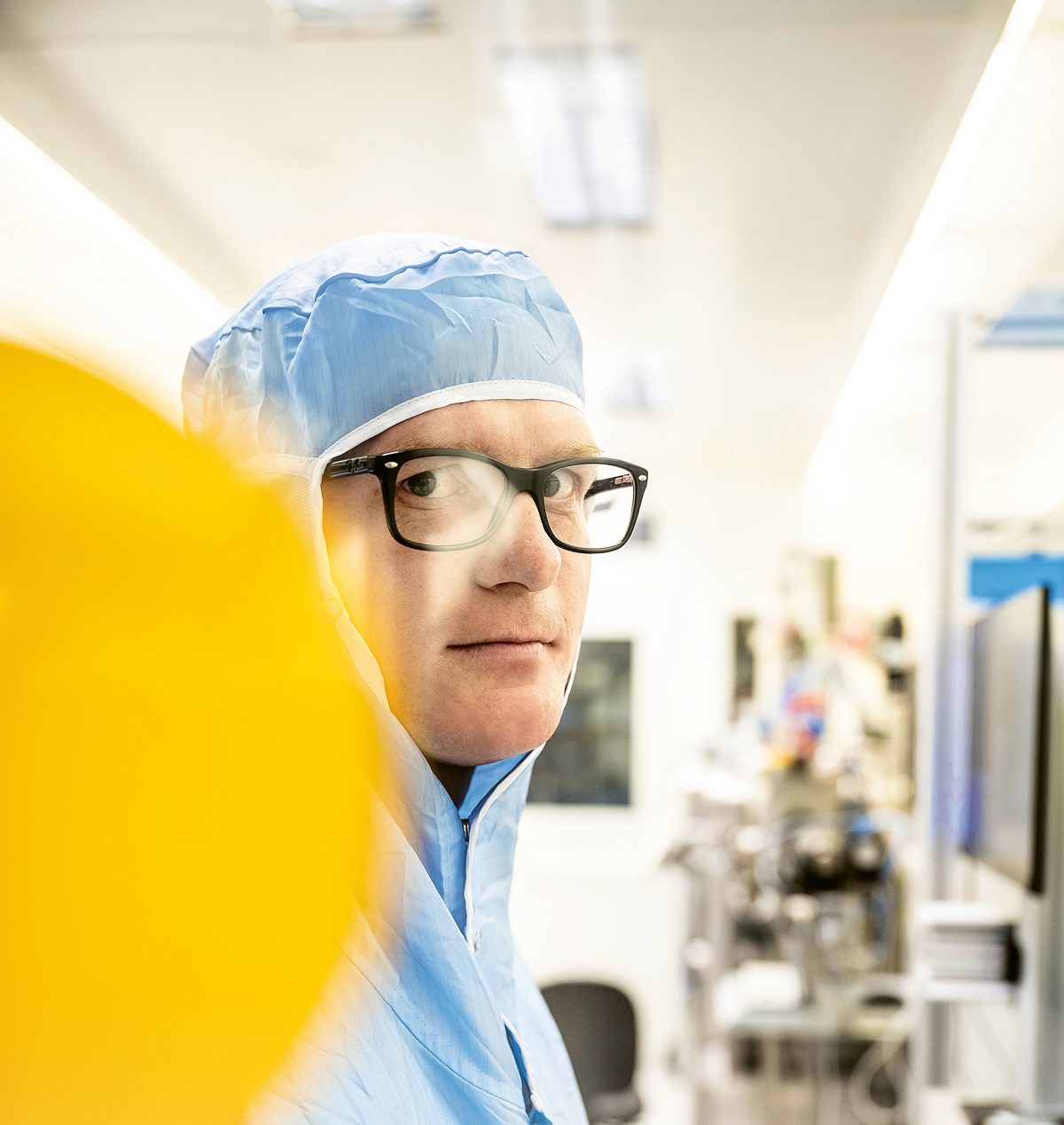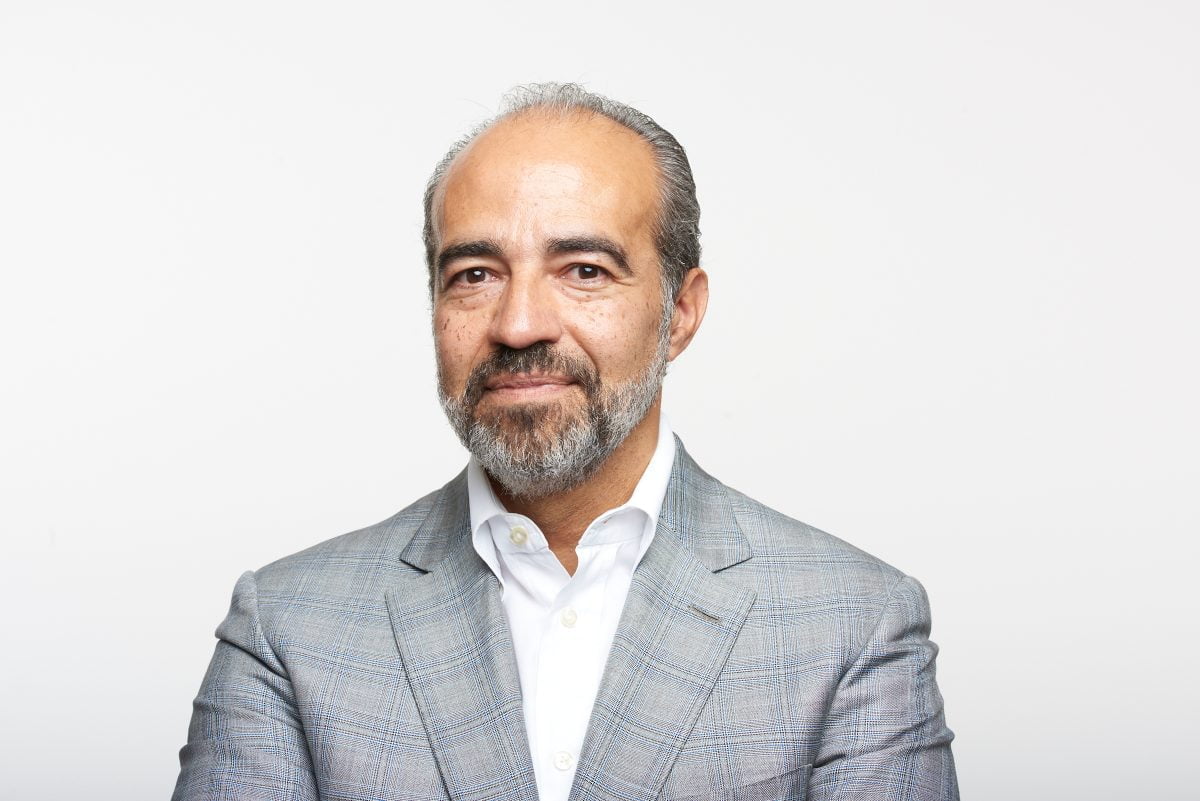“Philanthropy brings more empowerment into the system”
Vera de Vries, engineer and partner at the schillingpartners executive search consultancy, tells us how ETH paved the way for her multifaceted career and reveals why she is a passionate supporter of young talents today.

© schillingpartners
© schillingpartners
If you could establish a new major at ETH, what would it be?
VERA DE VRIES: Industrial design. For many students, it could be exciting to combine their technical skills with design expertise.
You studied mechanical engineering. What drew you to this field?
I liked the diversity of subjects – physics and math in addition to chemistry and materials science and IT. To build on the French I learned at school, I did my Bachelor’s at EPFL and then switched to ETH later.
Chapeau – that certainly wasn’t easy!
Not at the beginning! The positive thing was that I didn’t give much thought to all the things that could go wrong; I simply pushed ahead. Both universities taught me how to work in high-pressure environments and how to deal with uncertainty.
Translating knowledge and technology into real-world applications has long been one of ETH Zurich’s missions. What was your experience with this when you were studying?
Professor Markus Meier was a true pioneer in this regard. He wove practical case studies from the business world into his lessons and sent students to companies to do their semester projects. I had similar experiences with my dissertation: We had to secure our own research funding and get partner companies on board. Working directly with companies was a great experience.
Is that why you decided to enter the private sector after finishing your doctorate?
It was the right moment for me to leave academia, and the R&D department at Alstom Power Service was an ideal starting point. We developed and tested mobile robots. It was a very exciting environment with a first-class team. Later I moved to Ansorix and Schneider Electric, where I led a business unit and had P&L responsibility, meaning I was responsible for the financial results – challenging work that really motivated me.
What have your experiences been like as a woman working in male-dominated sectors?
It’s a fact that there are still too few women working in technical careers. Personally, I feel very comfortable in an industrial environment. In my previous management positions, I found it important to create a working environment where everyone felt equally appreciated and supported regardless of sex.
Today you work in executive search. How has your ETH education shaped your approach in this field?
In executive search, it’s often about asking the right questions and understanding complex challenges. The analytical, networked way of thinking that I learned at ETH helps me here enormously. This skill has been a boon to me throughout my career and has opened so many doors.
Have you experienced any setbacks in your career that later turned into something positive?
Right after finishing my Master’s, I originally wanted to work in the automobile industry. I applied for internships abroad but didn’t have any luck. This led to me staying in Switzerland, doing my doctorate at ETH and becoming a mother. Today I can’t imagine a better outcome, and nice cars are now one of my hobbies!
Why do you support talent development at ETH?
Young talents who are eager to tackle global challenges with their technical expertise deserve our full support. I hope that my contribution motivates them and shows them that we believe in their abilities. For me this is an important investment in the future.
How can philanthropy help overcome the challenges of our time?
Switzerland is one of the world’s most innovative countries. ETH plays a central role here by educating the next generation of people who will go on to shape the future. Philanthropy brings more empowerment into the system!


